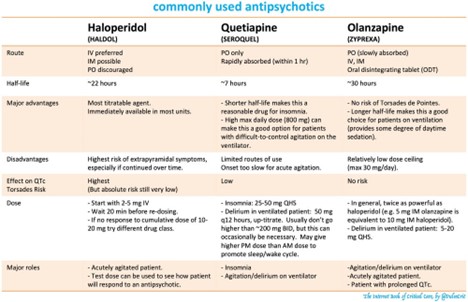A nurse at a walk in mental health clinic is assessing a client experiencing severe anxiety. The nurse should recognize the client might exhibit which of the following manifestations?
Attention-seeking conduct
Wild fidgeting
Threatening behavior
Mild difficulty problem solving
The Correct Answer is B
A. In the context of severe anxiety, clients might engage in attention-seeking behaviors as a way to express their distress or seek support. However, wild fidgeting remains a more direct and common manifestation of severe anxiety.
B. Severe anxiety can lead to various physical and psychological manifestations. "Wild fidgeting" is a common physical manifestation of severe anxiety. It involves restlessness, rapid movements, and an inability to sit still. Fidgeting can be a way for individuals to release excess energy and manage their heightened anxiety levels.
C.While severe anxiety can lead to a variety of behaviors, threatening behavior is not a typical or direct manifestation of severe anxiety. Such behavior may be more indicative of other mental health issues or agitation.
D. Severe anxiety is more likely to cause impairments in concentration, focus, and problem-solving abilities rather than mild difficulty. Severe anxiety can lead to cognitive overload and make it challenging for individuals to think clearly and solve problems effectively.
Nursing Test Bank
Naxlex Comprehensive Predictor Exams
Related Questions
Correct Answer is {"dropdown-group-1":"C","dropdown-group-2":"B"}
No explanation
Correct Answer is C
Explanation
A. Bleeding:
Explanation: Bleeding is not a common adverse effect of haloperidol, which is an antipsychotic medication used to treat conditions like schizophrenia. Haloperidol primarily works on the central nervous system and is not known to directly cause bleeding issues.
B. Cataracts:
Explanation: Cataracts are not a common adverse effect of haloperidol either. While long-term use of some antipsychotic medications can lead to metabolic and endocrine disturbances, which might indirectly impact eye health, cataracts are not a direct and immediate concern with haloperidol use.
C. Dysrhythmias:
Explanation: Correct Answer. Haloperidol has the potential to cause cardiac-related adverse effects, including dysrhythmias (irregular heart rhythms). This is a particular concern in individuals who are predisposed to heart conditions or have other risk factors. The medication can prolong the QT interval, which is a measure of the time it takes for the heart's electrical system to recharge between beats. Prolonged QT interval can lead to serious and potentially life-threatening arrhythmias.
D. Pancreatitis:
Explanation: Pancreatitis is not a common adverse effect of haloperidol. Pancreatitis typically involves inflammation of the pancreas and can be caused by various factors such as gallstones, alcohol consumption, and certain medications. Haloperidol is not known to directly cause inflammation of the pancreas.

Whether you are a student looking to ace your exams or a practicing nurse seeking to enhance your expertise , our nursing education contents will empower you with the confidence and competence to make a difference in the lives of patients and become a respected leader in the healthcare field.
Visit Naxlex, invest in your future and unlock endless possibilities with our unparalleled nursing education contents today
Report Wrong Answer on the Current Question
Do you disagree with the answer? If yes, what is your expected answer? Explain.
Kindly be descriptive with the issue you are facing.
